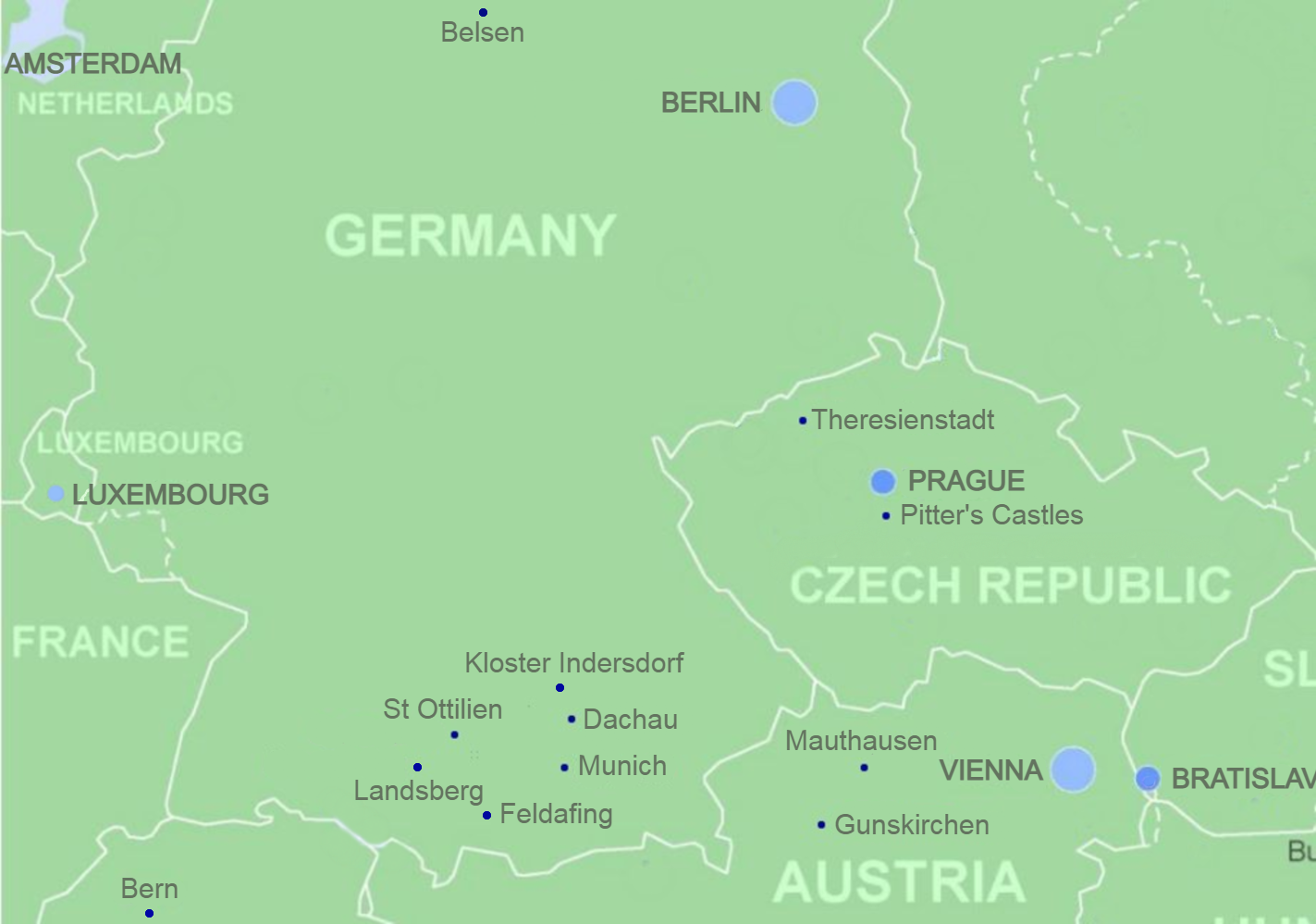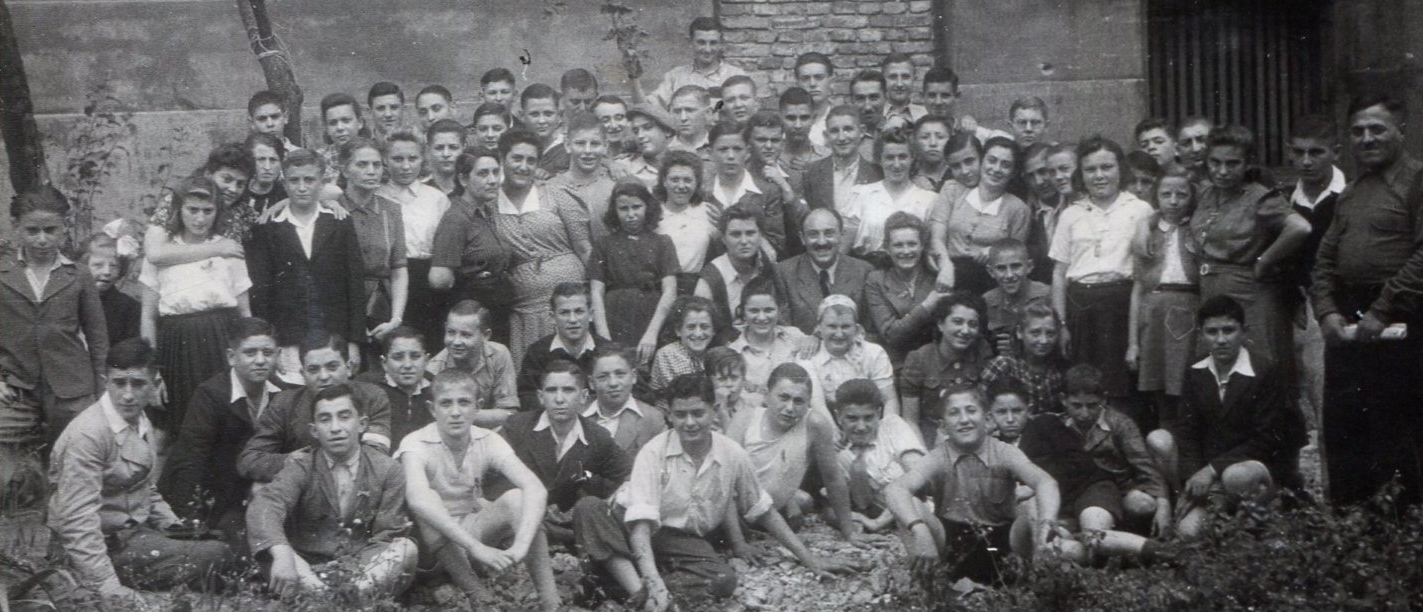Liberation
The majority of the Boys were liberated in the concentration camps or while on death marches in the spring of 1945. After Liberation, some needed hospital care temporarily and they spent time recovering in displaced persons’ (DP) camps and in children’s homes before they were brought to the UK.

The months after the liberation were a period for the Boys when the friendships they had forged in the ghettos and concentration camps were consolidated. The ties that bound the Boys together deepened as they began to realise that their families had perished in the Holocaust and were reinforced when some of them tried to return to their homes and faced hostility from their former neighbours. Some were left to fend for themselves for some months after the liberation and this solidified their loyalty to each other.
The months spent in the displaced persons’ (DP) camps and children’s homes played a crucial role in the Boys rehabilitation and recuperation. In this period, especially for the second, third, fourth and fifth groups, many important milestones were passed together as the Boys marked the first festivals of Rosh HaShana, Yom Kippur and Passover after the liberation.
After liberation, the principal places that the Boys spent time in were:
Czechoslovakia
Germany
- Belsen-Hohne DP Camp
- Feldafing DP Camp
- Kloster Indersdorf UNRAA Children’s Home
- Föhrenwald-Wolfratshausen DP Camp
Austria
Poland
Slovakia

Belgicka Orphanage, Prague, August 1945. Courtesy of Harry Fox.